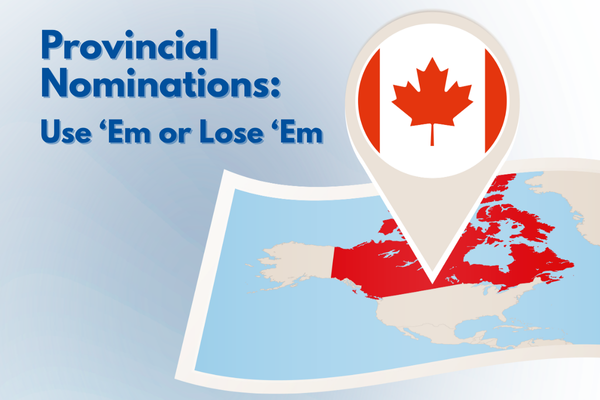This article is written by Immigrate President and Regulated Canadian Immigration Consultant, Dirk Propp (license #R417407).
On March 14th, the Saskatchewan Government made changes to the Saskatchewan Immigrant Nominee Program (SINP) Entrepreneur Category, affecting many international entrepreneurs considering starting a business in the province.
These new changes affect those in the Expression of Interest Pool for future draws. Many of the applicants already in the pool will need to look for different options, or be able to meet the new criteria.
The most important changes are:
- New minimum language requirement: Applicants must have a CBL 5 in English. Previously no English was required.
- Mandatory exploratory visits: Visits are required for five calendar days, when applicants should conduct comprehensive research for their proposed business plan. This will mean that applicants will need to obtain a visitor visa to visit Saskatchewan.
- Extended operation: Applicants must operate the business for a minimum of 12 months on their work permit prior to removing conditions to get a nomination for permanent residence.
- Business purchases: Applicants cannot buy a business that a previous SINP applicant has started for at least five years after its inception.
- New ineligible businesses: More business types are not considered for investment.
- New definition of eligible business investments: This change affects which investments are eligible to meet the minimum investment criteria in the business plan and in operations to remove the conditions and obtain the nomination for permanent residents.
- Applicant requirements: This restricts applicants to live within 50km of their business, and extends the boundary of major cities to include urban communities.
- New interview requirements: There is now a mandatory interview which must take place within 90 days of the request by the province.
In conclusion, these changes will give international business investors a better chance to build a successful business. For example, the language requirement will help with integration into English-speaking communities and likely a higher chance of success in business operations. These changes will also help rural businesses thrive in Saskatchewan.
Secondly, these changes will limit the amount of applications and increase opportunities in certain countries where English is more prominent. The interview gives the officers the discretion to refuse any applicant based on their opinion, which may be frustrating for some applicants. However, it should also give successful applicants a higher chance of success if approved.
This change removes Saskatchewan as one of the last provinces to not require English testing to become business immigrants in Canada.
If you would like to know more about the changes or get help setting up an exploratory visit, completing your business plan and SINP application, and meeting all other requirements, please contact me directly through sales@immigrate.biz so we can see if this may be the right fit for you and your family to make Saskatchewan your new home.

